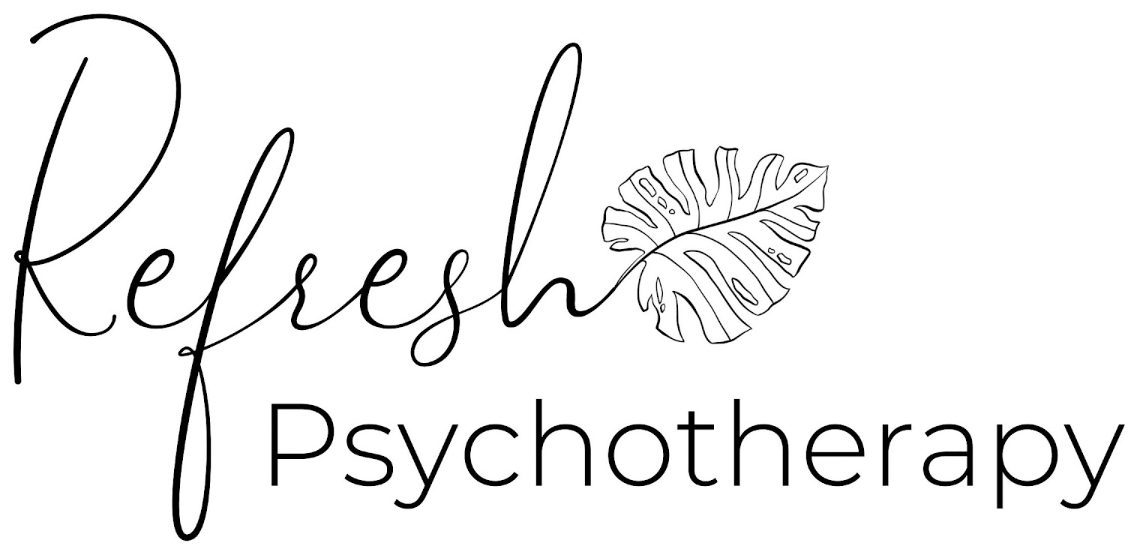
Accepting Good Enough
Perfect is a word that gets thrown around a lot. Especially for high achieving professionals, perfect is the ultimate and constant goal: the perfect client pitch, the perfectly planned event, the perfect employee or boss. For some people, their perfectionism is seen as a superpower. It acts as an internal motivation that they use to succeed personally and professionally. Perfect, however, can also be a thought trap that keeps us from connecting with others, living lives with rational expectations, and can be the source of anxiety and depression. Sometimes, it can even be a barrier that prevents us from trying something in the first place.
Perfect isn’t so perfect after all. As we move into 2023, with Covid-19 still on our heels and a potential recession on the horizon, the world is only becoming less straightforward and the definition of perfect less tangible. Striving for perfect only causes more anxiety, more depression, and more frustration. So how can we move forward? By changing our thinking about “perfect” and finding ways to let go of an impossible standard that many times is only being applied to us by ourselves. In order to break these thought patterns and combat perfectionism, one option is to implement a cognitive model known as “good enough.”
Originally coined by psychoanalyst Dr. Donald Winnicott while working with mothers in the UK on their parenting, “good enough” is a framework to approach everyday tasks. Winnicott observed that while some mothers strove to be the perfect parent, it was the “good enough” mothers, the ones who made small manageable mistakes, who raised better adjusted children. Children of “good enough” mothers were forced to accept disappointment, self soothe, and move on. This led to stronger mental resilience as adults.
So how does this concept applied to British mothers apply to our lives? My favorite corny joke highlights this perfectly:
“Q: What do you call the medical student who graduated at the bottom of their class?
A: Doctor.”
While perfectionists focus on this person’s class ranking, “good enough” allows us to recognize that they’ve accomplished the real goal, graduating. Fully embracing “good enough” frees us from trying to be perfect beings in an imperfect world.
So the next time you are stuck on a task at work or home, ask yourself whether the task needs to be perfectly done, or just done. Does that email need to be rewritten five times, or does it just need to be sent? Does your child’s bed need hospital corners, or does it just need to be made?
Photo Credit: Pexels
Written by Karl Smith, LMSW
